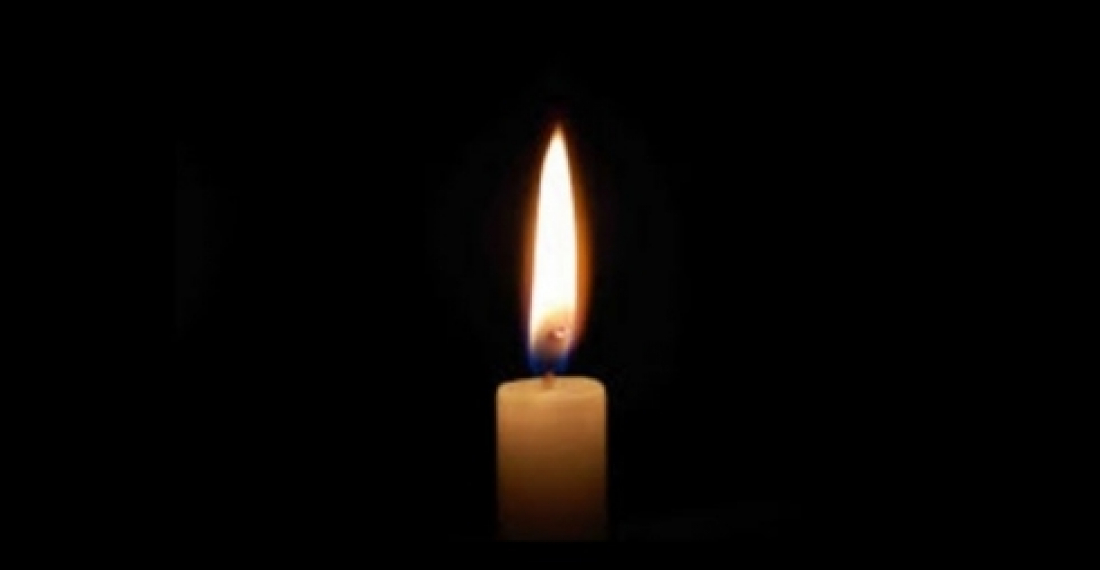World War I was one of the deadliest conflicts in history. It was the first conflict that involved most countries of the world to be fought with modern destructive weaponary. More than 9 million combatants and 7 million civilians died. The outcome of World War I changed the world order as it existed at the begining of the 20th century.
This weekend focus is on the events that happened one hundred years ago in the dying days of the Ottoman Empire. It had entered the war on the side of the Central powers - Germany and the Austro-Hungarian Empire, as they fought against the French, British and Russian Empires. Two very different but not unrelated episodes of human tragedy that happned in the early stages of World War I are being commemorated.
 Genocide, or simply atrocities?
Genocide, or simply atrocities?
In Armenia, guests from all over the world will join the Armenian political and religious leadership to pay homage to the hundreds of thousands of Armenians who perished through atrocities, famine or exhaustion at the hands of their Ottoman rulers. The scale and severity of the attorcities are now widely recognised, and were well documented even at the time. To deny them will simply be adding insult to injury. Armenians, and increasingly many others characterise the mass killings as genocide - an attempt to exterminate their whole nation. Not everybody has signed up to this terminology, including Turkey itself. Others say that since the term genocide stems from legal documents that were developed thirty years after 1915, it is not appropriate that it be used in the Armenian context, regardless of the severity of the crimes committed.
Unfortunately this discussion has over the last years, and in particular in the last months, been heavily politicised. For those who use the term genocide from a humanitarian perspective, failing to use the term genocide with regard to the Armenians in 1915 is a serious omission. For those who look at the argument from a legal perspective, the issue is more complicated.
On this day, this argument needs to be put aside, even if for a moment. Let us remember and honour those who died and suffered in this terrible episode of world history.

Gallipoli Landings or the Battle of Çanakkale
As events were unfolding in Eastern Anatolia in 1915, on the western shores of the Ottoman Empire another tragedy started unfolding. Allied forces landed on the Gallipoli Peninsula starting one of the bloodiest battles of World War I in which ten of thousands of youing men in the prime of their life lost their lives. Those killed were Turks, defending their country, others who were part of the Ottoman armies, British and French soliders, and soldiers from the colonies - from as far away as Australia and New Zealand; from India and other imperial possessions.
Turkey has invited leaders from all over the world to join it in honouring the dead, and other ceremonies will be held in many countries. It was an episode of war at its most cruel and most bloody, the memory of which remains vivid in the consciousness of many nations. Here too one can discuss at length the politics of it all: who was right and who was wrong. But not today. This weekend should be to honour those who died from whichever side it was.
source: commonspace.eu.
Photo1: Soldiers of the Ottoman Empire herd Armenians in their thousands to exile in April 1915.
Photo 2: Allied landings on Gallipoli on 25 April 1915 (picture courtesy of the Imperial War Museum, London)







